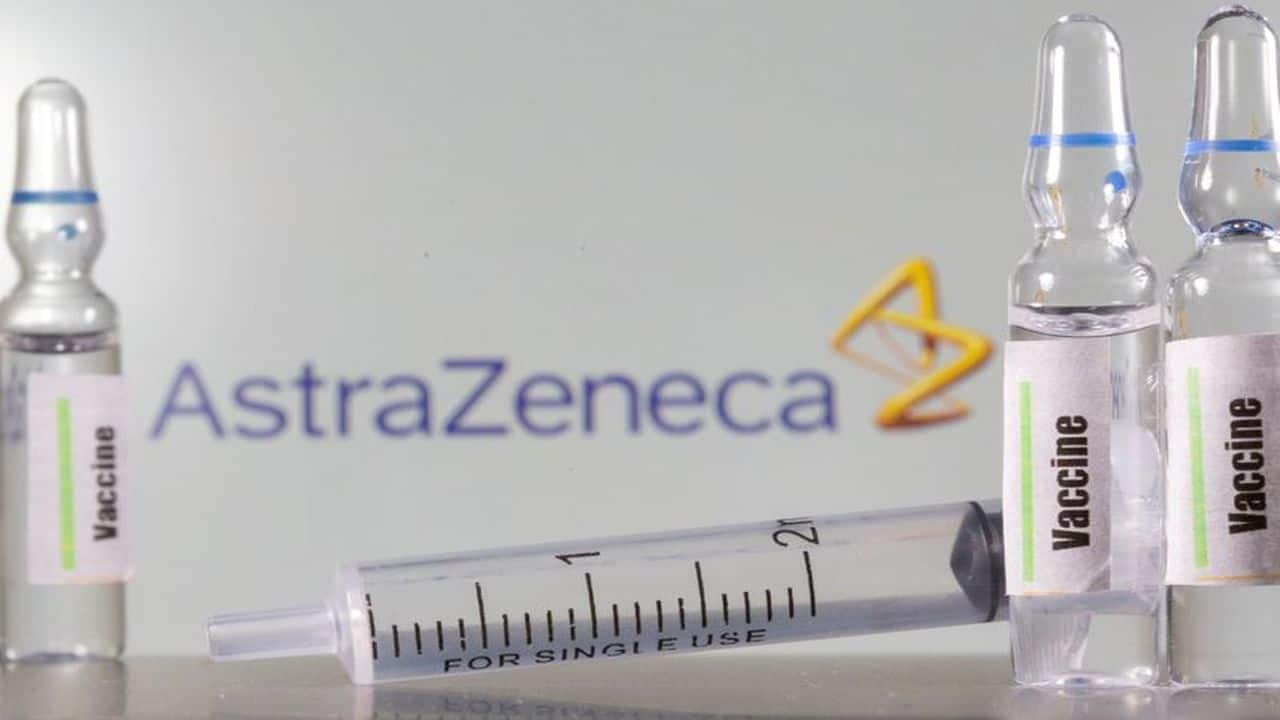The development comes hours after the UK gave its go-ahead to the Oxford University-AstraZeneca COVID-19 vaccine.
Applications of Bharat Biotech and Serum Institute of India (SII) for emergency approval of their respective COVID-19 vaccines were "not considered" during a meeting of the Subject Expert Committee (SEC) of the Central Drugs Standard Control Organization (CDSCO) on December 30, CNBC TV-18 has reported.
According to the report, the SEC has sought more information from both the companies. While the expert panel has asked for updated factsheet and prescribing information from SII, it has asked for more data from Bharat Biotech, sources told the news channel.
The development comes hours after the UK gave its go-ahead to the Oxford University-AstraZeneca COVID-19 vaccine.
Track this LIVE Blog for all the latest updates on coronavirus pandemic
SII is developing the vaccine in India, and had earlier said it was hoping for the emergency use approval by the end of this month or January in India.
The government was yet to place a purchase order for the Covishield vaccine, Cyrus Poonawalla, chairman of Poonawalla Group that includes SII, said.
"SII is ready to distribute the vaccine once the approval comes in. India will come first, then other countries," he added.
Read | AstraZeneca/Oxford vaccine: 5 things to know about landmark UK vaccine
The Oxford vaccine was being evaluated by the British regulator - the Medicines and Healthcare products Regulatory Agency (MHRA) - after the final cut of data was submitted by the government last week.
While the vaccination drive is already in process in the UK after regulators gave
similar emergency authorization to a vaccine from US drugmaker Pfizer and German partner BioNTech on December 2, the emergency approval in India comes a day after the government carried
out successful vaccination dry run. The government has identified 300 million people, including healthcare workers, policemen, and citizens above the age of 50, who would be administered a vaccine on a priority basis.
According to officials, more than 154,000 healthcare workers have been identified to help conduct the vaccination drive and the country had enough cold chain capacity to innoculate the first 30 million people.











_2020091018165303jzv.jpg)


























